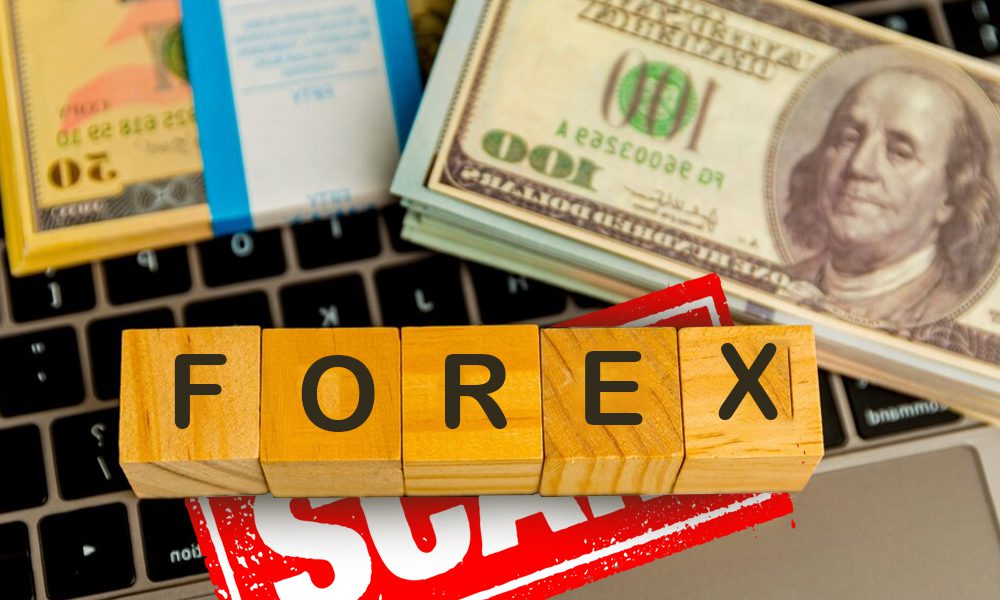Introduction
Forex is traded in the forex market; all you need to do is open up an account with a forex broker or brokerage firm. Although many are investing in forex, there is still a threat from forex scams. Since forex markets are accessible to anyone, there is a threat from scammers too. The entire process of choosing a forex broker or brokerage firm can be done while sitting in the comfort of your home. In other words, all the formalities are completed without having a face-to-face conversation with the broker.
Many fall for scammers since they don’t know what to look for while signing up with a forex broker online. If you are interested in the forex market but are afraid of falling for a scam, then this article is for you.
What are forex scams?
Scammers attract potential forex beginners through advertisements found online. At a glance, you won’t be able to tell the difference between a genuine and a fake forex broker or brokerage firm. In a foreign exchange scam, the scammers deceive traders by luring them with attractive deals, such as promises regarding higher returns on their investment and their tactics. The strategies of a forex scammer:
- False Advertising
- Ponzi Scheme
- Fake investment opportunities
- High-pressure strategies
High-pressure tactics are used by scammers to persuade even big investors to invest a large amount of money, and the moment the transfer takes place, scammers disappear within seconds. There is a high chance that a forex scam could lead an investor to huge financial losses. If some brokers are using coercive or high-pressure tactics, it is best not to entertain them any further.
How do I avoid forex scams?
You can avoid falling for a forex scam if you use caution and follow the guidelines recommended by our experts.
Self-Research:
Before you enroll yourself with a forex broker or a brokerage firm, you should do some research on them. Go to their websites or any other social platforms that they have on their page and verify how old the firm is. Check for any inconsistencies in the English language used. Verify that the regulatory and registered certificate belongs to the government or a reputed private agency. Do a Google search and check if the firm you are interested in or the firm that is in touch with you is not involved in any fraudulent activities.
Luring deals:
Scammers have a knack for convincing their potential victims that they are getting a good deal. They will try to convince their potential victims that with fancy financial jargon and confusing strategies, their investments would be in safe hands.
The most common strategy is to promise them high returns in exchange for a huge amount of investment. This is a trap; if you ever find a broker selling you a promise that sounds too good to be true, avoid them at all costs.
Don’t entertain unprompted offers.
Avoid messages and information from unknown sources, such as cold calls or emails. Avoid messages stating that financial investments have a low risk and high reward potential.
Reading the fine print:
Before you choose a broker or a brokerage firm, get everything they say in writing. Also, before signing up, get all the terms and conditions on paper. If you find it challenging to understand it, go to a local CPA or a certified public accountant and verify their authenticity.
Trust your instincts:
If your gut says “no,” then follow it. You shouldn’t entertain them any further; chances are you might fall prey to an elaborate scam and lose your hard-earned money.
Recovering from Forex scams
It is tough to recover from a forex scam, but it is not impossible. There are various online platforms, such as Financial Fund Recovery, that can help you find your lost money. They have financial knowledge and legal and technical experts who can help you recover your money.
Conclusion
Scammers are ready to scam you if you are not cautious; if you are a senior, then always have a word with your near and dear one before signing off the document. Never open up your wallets immediately when you encounter some broker through unsolicited calls, texts, or emails.










